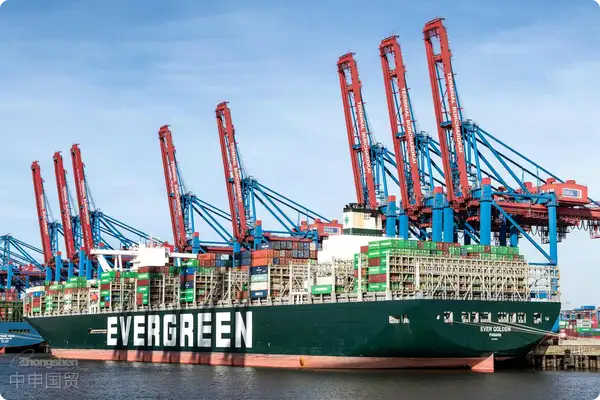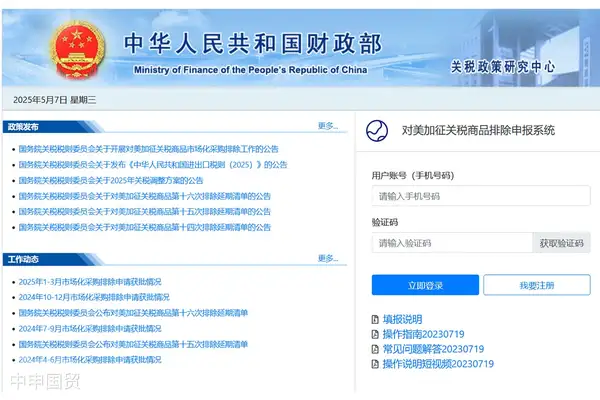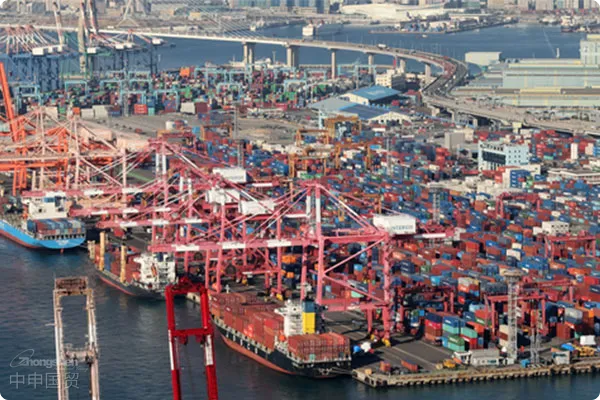- Shanghai Zhongshen International Trade Co., Ltd. - Two decades of trade agency expertise.
- Service Hotline: 139 1787 2118

New analysis of bidding agency fee composition
The 2025 revised International Bidding Agency Service Standards for Mechanical and Electrical Products clearly states that basic agency fees should include:
- Bidding document preparation and filing
- Supplier qualification review
- Bid evaluation organization services
- Including expert fees for up to 5 person-days
- Standard version technical parameter review
Special service items require separate billing:
- Emergency filing expedited fee (within 48 hours)
- Non-standard parameter conversion service
- Multilingual bidding document preparation
Key variables in fee calculation
Taking a $5 million equipment procurement as an example, the benchmark agency fee range is 0.8%-1.2% of the contract amount, but the actual fee is affected by three core factors:
- Technical complexity coefficient: Involving patented technology increases basic fee by 30%
- Supplier geographical distribution: Cross-border operations involving more than 3 tariff zones require additional 25% review fee
- Payment method premium: LC payment incurs 0.15% higher service fee than TT payment
Hidden cost control points
A 2025 bidding case from an automobile manufacturer shows hidden costs can account for 40% of total expenditure:
- Document revision limit clause (recommended to control within 3 times)
- Exchange rate fluctuation risk sharing mechanism
- Price adjustment mechanism triggered when exceeding ±3%
- Definition of intellectual property guarantee scope
Practical standards for service provider selection
Four core competencies professional agencies should possess:
- Customs AEO certification and Class-A bidding qualification
- Having handled at least 3 similar bidding projects
- Possessing localized dispute resolution channels
- Providing fee simulation calculation system
By establishing a cost control matrix, enterprises can reduce the proportion of unforeseen costs from the industry average of 28% to 12%. It is recommended to reserve 15 working days before bidding initiation for fee clause negotiations, focusing on cross-border payment terms and responsibility boundary definition to avoid excessive service expenditures.
Related Recommendations
? 2025. All Rights Reserved. Shanghai ICP No. 2023007705-2  PSB Record: Shanghai No.31011502009912
PSB Record: Shanghai No.31011502009912










